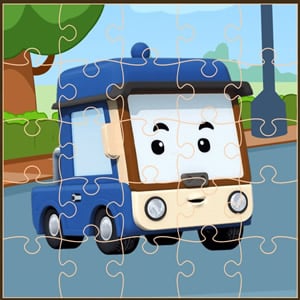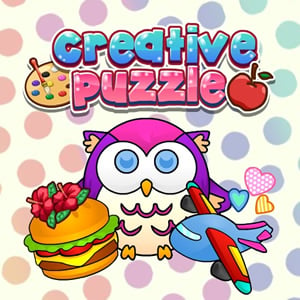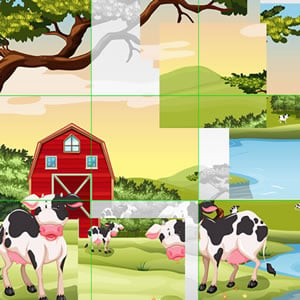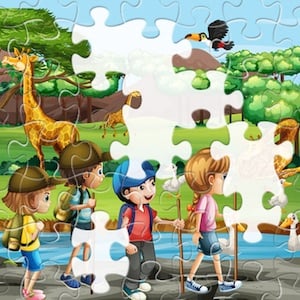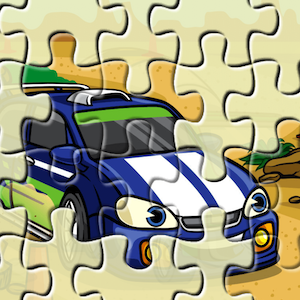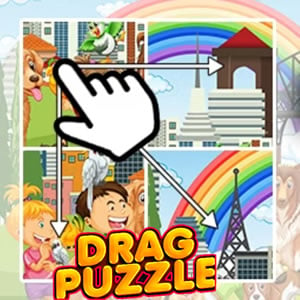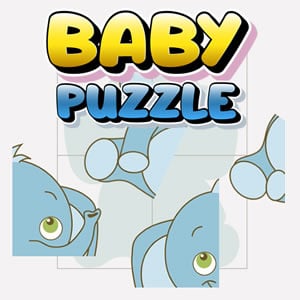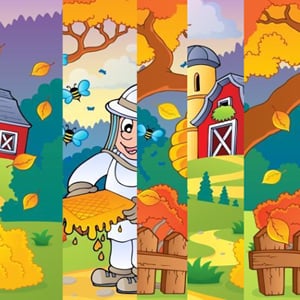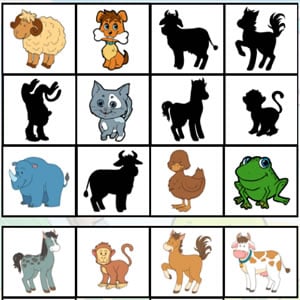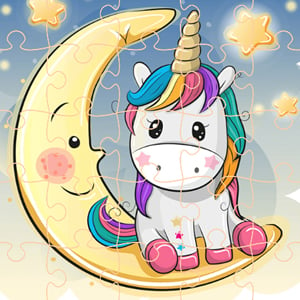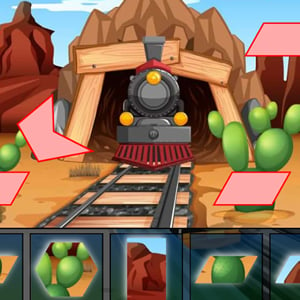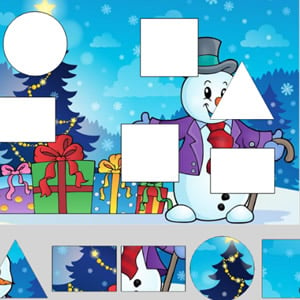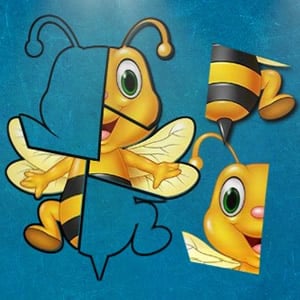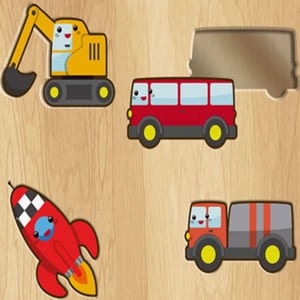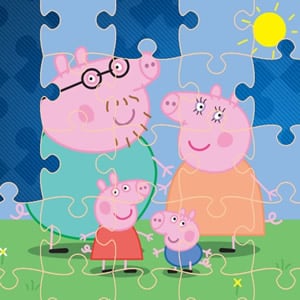At age 4, children can begin to engage in more complex puzzles and jigsaw puzzles. By participating in jigsaw puzzle activities, they can learn and benefit in a number of ways:
- Development of fine motor skills: By manipulating puzzle pieces, 4-year-olds improve their hand-eye coordination and develop fine motor skills. This involves control and precision of hand and finger movements, which is essential for future writing skills and other manual activities.
- Logical thinking and problem solving: Jigsaw puzzles help children develop logical thinking and problem-solving skills. As they work to fit the pieces into their correct place, they must observe, analyze and use strategies to find solutions. This teaches them to think sequentially, make inferences and develop critical thinking skills.
- Perseverance and patience: Puzzles take time and patience to complete. By facing a challenge and working to solve it, children learn to be persistent, stay focused and not give up easily. This helps them develop perseverance skills and understand the importance of patience and dedication.
- Shape and pattern recognition: Puzzles are often made up of pieces with specific shapes that must fit together perfectly. By completing them, children learn to recognize and distinguish different shapes and patterns. This is beneficial for their visual and cognitive development, as it strengthens their ability to recognize and organize visual information.
- Promoting concentration and attention: Jigsaw puzzles require concentration and sustained attention. As children work on solving puzzles, they learn to focus their attention on details, stay focused on a task and follow instructions. This improves their concentration and attention skills.
⚠️ It is important to choose puzzles that are appropriate for the age and skill level of 4-year-olds. Puzzles with colorful and attractive images, with an appropriate number of pieces and a suitable level of difficulty, are ideal for this stage. In addition, puzzles can be complemented with hands-on off-screen activities, such as physical puzzles, matching games, and manipulating pieces in the real environment. ⚠️














